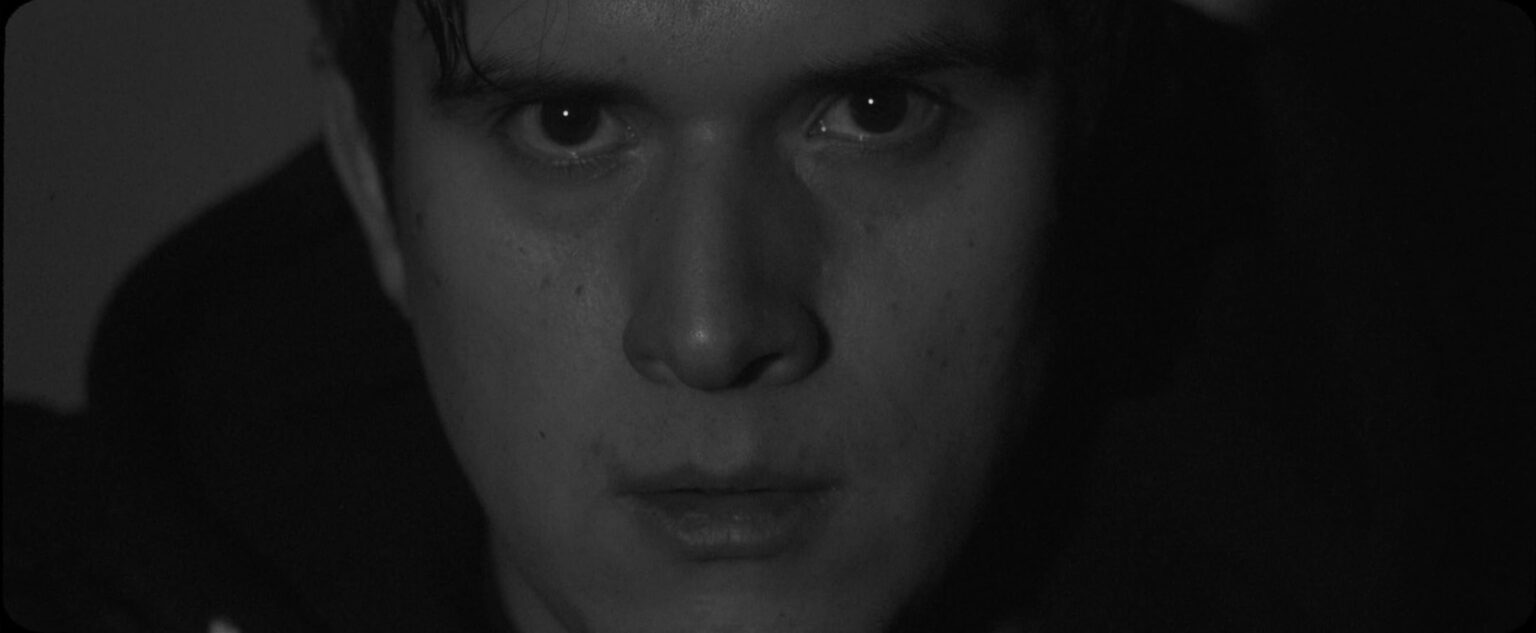
Martin Pizarro’s “La Maldición” Clinches Best International Film at FilmHaus 2024 with a Mesmerizing Tale of Ancient Curses
In the cinematic cauldron of Martín Pizarro Veglia’s “The Curse,” we find ourselves ensnared in a tapestry of ancient mystique and contemporary folly, a narrative strand that weaves together the primal fear of the unknown with the audacious recklessness of modern-day adventurers. This micro-short film, a mere whisper in time at four minutes and fourteen seconds, pulsates with the kind of narrative and visual intensity that recalls the atmospheric tension and existential dread of Eggers’ “The Lighthouse” and Peele’s “Us” and “Nope.” Yet, Veglia carves out his own niche in this illustrious lineage, infusing “The Curse” with a distinct Latin American flair that is both enigmatic and electrifying.
Veglia, no stranger to the directorial canvas with works like “CRISIS” and the documentary “Pa que lo Baile como Quiera,” plunges us into a chiaroscuro realm of fantasy that is both visually arresting and thematically profound. The film’s monochromatic palette is not merely a stylistic choice but a narrative vehicle, transporting us into a world where the dichotomy of light and shadow mirrors the eternal struggle between greed and consequence, curiosity and doom.
The premise is deceptively simple: two men, embodiments of hubris and curiosity, purloin a mysterious artifact, unwittingly unleashing an ancient Egyptian curse. Yet, within this simplicity lies a labyrinth of thematic richness. Veglia’s film is a meditation on the human condition, a reflection on our perennial quest for knowledge and the insatiable thirst for the forbidden that often leads to our undoing. The artifact, a symbol of humanity’s perennial dance with danger, serves as the catalyst for a journey that is as much about internal exploration as it is about external adventure.
The performances are a masterclass in subtlety and intensity, with Juan Carlos Maldonado leading the charge. The economy of dialogue in the film does not hinder its emotional resonance; instead, it amplifies it, allowing the visuals and the haunting score by Milton Núñez to carry the narrative weight. The score, in particular, is a character in its own right, weaving through the film’s fabric like a whispered prophecy, foretelling doom yet captivating us with its melodic spell.
Cinematographically, “The Curse” stands as a testament to Veglia’s ambition and vision. The film’s use of close-ups is not just a technical maneuver but a narrative strategy, drawing us closer into the psyche of its characters, forcing us to confront the curse not as distant spectators but as co-travelers on this doomed journey. The choice of black and white film not only nods to the classics but also strips away the distractions of color, focusing our gaze on the raw emotion and the stark realities of the narrative.
In terms of thematic exploration, Veglia does not shy away from delving into the psychoanalytic depths, exploring themes of hubris, the unconscious desires that drive us towards our doom, and the inevitable encounter with the shadow self. The curse, then, becomes a metaphor for the darker aspects of human nature that we unwittingly unleash upon ourselves in our quest for more—more knowledge, more power, more thrill.
“The Curse” is a cinematic gem that, despite its brief runtime, leaves an indelible mark on the viewer. It is a film that demands more, not just in terms of duration but in the depth of exploration of its themes and characters. Veglia’s work here is not just a film; it is an invitation to ponder the ancient curses we continue to flirt with in our modern quests and the price we pay for our audacity. In this sense, “The Curse” is not only a deserving recipient of the Best International Film (Foreign-Language) award at FilmHaus but also a poignant reminder of the power of cinema to explore the depths of the human psyche and the complexities of our existence.



